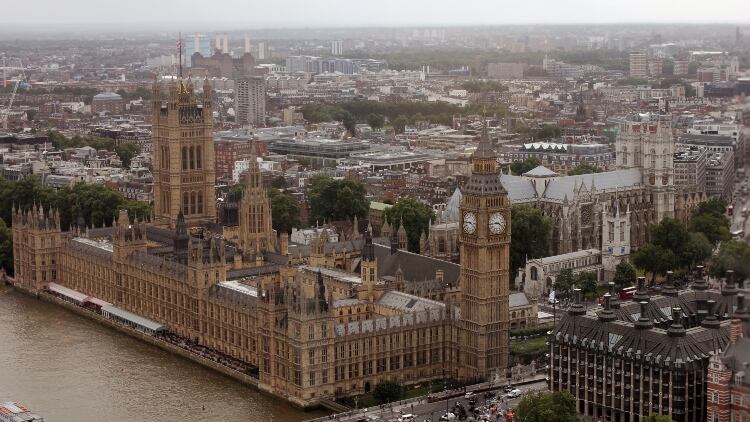A survey of more than 100 nightclubs from the Night-Time Industries Association (NTIA) found more than three quarters (81%) said they would not survive past the end of February without further support from the Government.
Some 86% of those surveyed had made redundancies with more than 65% making over six in 10 of their workforce redundant before the end of last year.
It also revealed almost half (43%) of respondents had not received any grant support from the Government.
NTIA chief executive Michael Kill said the nation was on the cusp of losing a cultural institution and claimed the Government had ignored the sector and failed to recognise its economic and cultural value.
Systematically eradicated
He added: “We are a world leader in electronic music and clubs and have been a breeding ground for contemporary music talent, events and DJs for decades.
“Nightclubs have made a huge contribution to our culture sector and are renowned globally.”
"Throughout this pandemic and the restrictive measures levied against the sector, it is clear that these businesses are being systematically eradicated from society.
“As they continue to be excluded from the narrative of press announcements and planning, and through misconceptions and misguided understanding of the sector, from age old stereotyping the sector has been given little or no opportunity to re-engage even with very clear ability to open spaces safely."
Kill went on to outline how the current proposed changes in planning reform under permitted development rights was a huge threat to the sector as it had the potential to allow for the demolition and rebuilding of 'vacant and redundant' light industrial buildings as homes.
Negligent financial support
He said: “Given that over 88% of nightclub businesses are over two quarters of rent in arrears, we are poised for a windfall of landlords at the end of March when the forfeiture moratoria comes to end, reclaiming their property and utilising this mechanism to convert many of our much loved cultural spaces and social environments into housing.
"Banks and financial services, whether it be insurance or lending within the sector has been near on impossible, with confidence in the sector at a new low, coupled with ineligibility for much of the financial provision outside of furlough, the extensive period of closure without recognition of the proportionate financial support needed for these businesses is being perceived by the sector as negligence.
"Consider this as an industry, we have faced extreme adversity during this pandemic battling against financial hardship, increased regulatory constraints, business critical planning changes, financial services turning their backs on us and the continued refusal for the leaders of this country to mention nightclubs or late-night venues within the narrative - This is not negligence, this an intention to cull the sector advertently.”
The trade body boss highlighted how the night-time sector houses venues that had a reputation for its music.
"These amazing creative spaces are the breeding grounds for nurturing talent, bringing communities together, building resilience and expanding the global phenomenon around UK club culture and electronic and live music,” Kill said.
“The Government needs to support nightclubs and late-night venues with a robust financial package and which is tailored to support businesses that have been closed since March and a roadmap giving a clear indication of the timelines for reopening against the backdrop of the vaccination rollout, to give hope to many who are overburdened with debt.”




